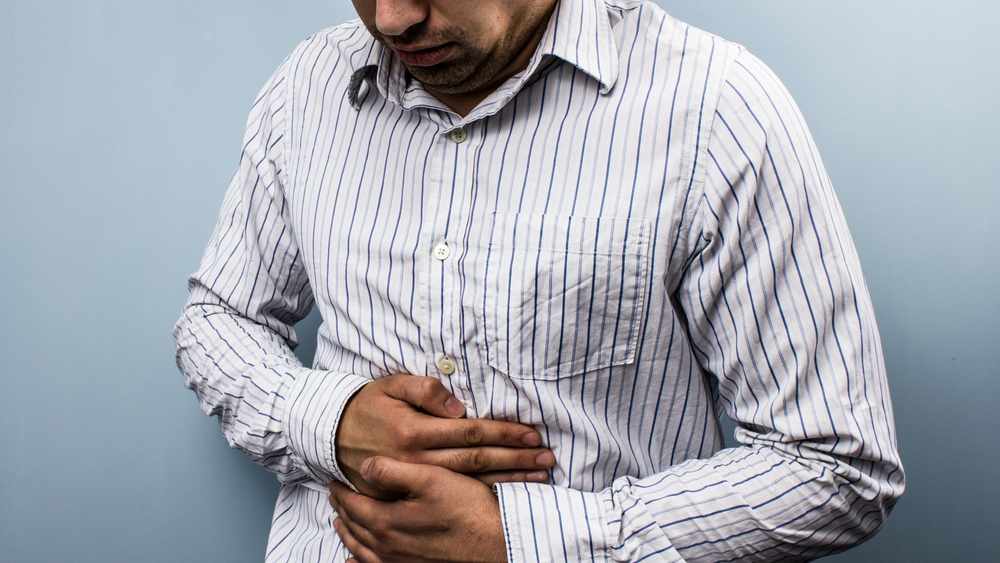-
Featured News
Mayo Clinic expert explains gastrointestinal symptoms related to COVID-19

COVID-19 most commonly presents with respiratory symptoms, including cough and shortness of breath, as well as fever. However, digestive symptoms also can occur in patients with COVID-19, and with or without respiratory symptoms.
In this Q&A, Dr. Sahil Khanna, a Mayo Clinic gastroenterologist, answers questions about gastrointestinal (GI) symptoms related to COVID-19.
Watch: Dr. Sahil Khanna answers questions about GI symptoms related to COVID-19.
Journalists: Broadcast-quality sound bites with Dr. Khanna are in the downloads at the end of the post. Please courtesy "Sahil Khanna, M.D. / Gastroenterology/ Mayo Clinic."
Q. What are some of the gastrointestinal symptoms associated with COVID-19?
A. More recently, initially with case reports and some data have now been coming out of China, there are a lot of patients who can have either concomitant GI symptoms, meaning they have respiratory symptoms and GI symptoms on top of that, but also, there are a fraction of people ― about a third, according to some studies ― who are presenting just with GI symptoms at presentation and may not even have respiratory symptoms at that time and will just have GI symptoms. The GI symptoms that we are seeing predominantly are diarrhea, nausea and vomiting. Some studies are now showing that there are possibilities where COVID-19 can be present in the stool and may be absent in the respiratory tract. So this disease could be present in the stool first and then later on present in the respiratory tract.
Q. Can SARS-CoV-2, the virus that causes COVID-19, be transmitted through stool?
A. We don't know that quite yet, but we do know from other diseases that bugs that are present in stool could have a fecal-oral spread. At this time, we don't know for sure if there is fecal-oral spread or not. But with caution, I think we should assume that if there is somebody who has COVID-19, their stool, just like there respiratory sections, are potentially transmittable and are potentially infectious.
Q. What can you share about the loss of taste or smell some COVID-19 patients can experience?
A. This goes back to the mechanism of how this virus attacks the human body. This virus attacks the human body through a receptor called ACE2. ACE2 is a receptor that is ubiquitous and present in a lot of different organs in the body. It's in the lungs. It's also heavily in the nose and mouth. And we think that as that virus attaches to the nasal membranes and goes to the mouth, loss of smell and loss of taste can be symptoms. We've seen that loss of smell has been a predominant symptom that has been noted in a lot of studies. 4:09
Q. Are there any underlying digestive issues that might put some people at an increased risk for severe illness if they contract COVID-19?
A. That's not known quite yet, but we think that perhaps there may be some illnesses that could predispose people more to those. Certain people have an illness called common variable immunodeficiency, which predisposes them to getting more viral infections in the gut. It is conceivable that inflammatory bowel disease patients could get this at a higher risk also.
For the latest updates on the COVID-19 pandemic, check the CDC website. For more information and COVID-19 coverage, go to the Mayo Clinic News Network and mayoclinic.org.







